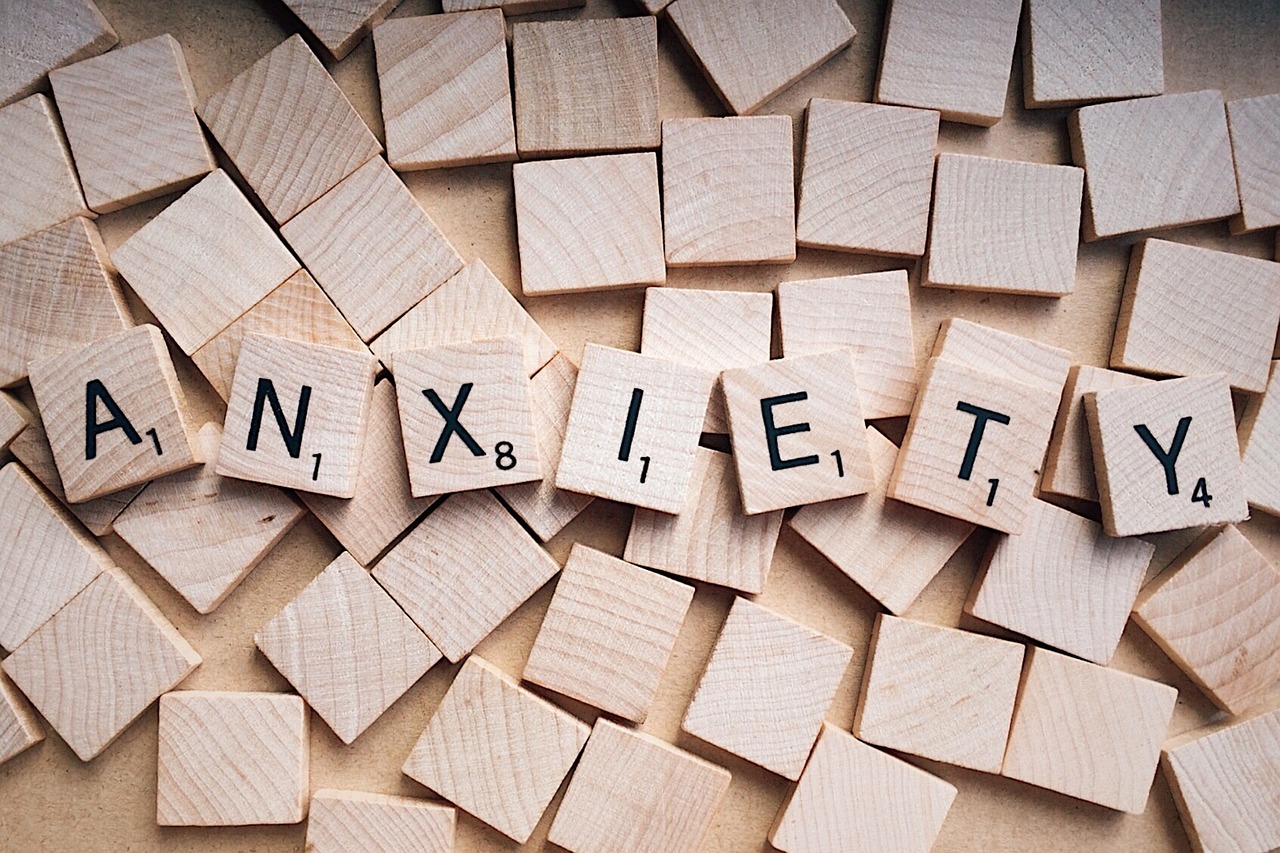Anxiety is a mental health condition characterized by excessive and persistent worry, fear, or apprehension about
everyday situations. It’s more than just feeling stressed, or anxious occasionally; it involves intense and
debilitating feeling of fear or worry that can interfere with daily activities, work, school, relationships, and
overall quality of life. There are several types of anxiety disorders, each with its own specific symptoms and
triggers. For ex-
- Generalized Anxiety disorder (GAD)-
It is characterized by excessive, uncontrollable worry and anxiety about a wide range of everyday concerns,
such as work, health, relationships, or finances. A person with GAD often anticipates disaster and has
difficulty relaxing or concentrating.
-
Panic disorder-
It involves recurrent and unexpected panic attacks, which are episodes of sudden fear and discomfort that
peak within minutes. Panic attacks may be accompanied by physical symptoms such as heart palpitations,
chest pain, shortness of breath, dizziness, or sweating. Fear of having future panic attacks may lead to
avoidance of certain situations or places.
-
Social anxiety disorder-
It involves an intense fear of social or performance situations, where individuals fear being judged,
embarrassed, or humiliated by others. These fears can be so severe that they interfere with social
interactions, work, or school.
-
Specific phobias-
It is characterized by intense and irrational fear of specific objects, situations, or activities, such as
heights, flying, animals, needles, or blood. Exposure to the feared object or situation can trigger
immediate anxiety or panic.
-
Obsessive Compulsive Disorder (OCD)-
It involves recurring and unwanted thoughts, urges, or images that cause anxiety, as well as repetitive
behaviors that individuals feel compelled to perform to alleviate distress or prevent a feared outcome.
-
Post Traumatic Stress Disorder (PTSD)-
It can develop after experiencing or witnessing a traumatic event such as combat, a natural disaster,
physical or sexual assault, or a serious accident. Symptoms may include intrusive memories or nightmares,
avoidance of reminders of the trauma, negative changes in mood or cognition, and hyperarousal.
Prognosis-
The anxiety disorders are generally considered treatable rather than curable with modern science. However, with
appropriate treatment and management strategies, many individuals with anxiety disorders can experience
significant relief from symptoms.
